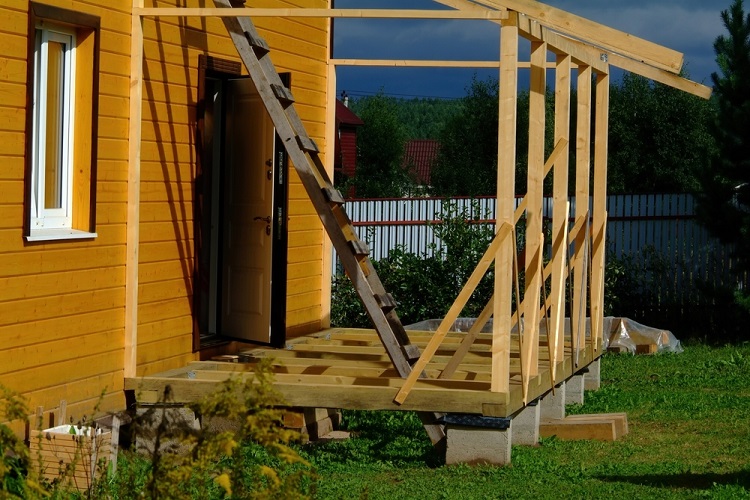Getting started on a home extension project can feel overwhelming. Many homeowners have renovated, extended or built their first home. For most of them, this home extension project is a once-in-a-lifetime opportunity, so it is important to make it as easy as possible. The easier it is, the more fun it will be!
Table of Contents
Understand your drains
If you are building over or close to a water sewer classed as ‘Public’, you will most likely need to provide appropriate drawings and information to apply for a TW Build-over agreement or let an expert take care of the long-winded application process and work with it for you. This is standard for all the clients. To get a full picture of where your drains run and the condition of your drains, complete a CCTV drainage survey at less than £300.
Study your ground
20% to 25% of your budget will likely go into the ground, so make sure you spend the time to thoroughly assess your soil type so you don’t have any surprises! Your soil type will determine the depth and cost of your foundation. Don’t worry though, you can work with experienced and reliable engineers to provide you with the best advice for your home extension at Uxbridge. If you are building a basement extension, then you’ll need to conduct full soil surveys. This will determine your groundwater level and your structural engineer can plan your foundation.
Trees can wreak havoc
Trees soak up groundwater and can cause the soil around your home to shrink. This can have a negative impact on your foundation design, and may necessitate deeper foundations, which can add extra costs. For instance, in the London clay soil, a Leylandii tree can require foundations as deep as 2.5 m (instead of the usual 1m). This can make trench foundations impractical in certain circumstances.
Older properties can cost you dearly
If you’re working on period and older properties, you’re likely to run into unexpected costs and run into unforeseen issues. If you’re doing building works on an older property, you’ll want to make sure you have a good contingency in place. For a good home extension project, we’d recommend 15% contingency as a minimum. Make sure you conduct a full structural survey of your property as soon as possible so you’re prepared to budget for issues.
Think practically
Here’s where a good engineer can help you save money. Your supporting structure will be designed in many different ways.
A good engineer will propose a lean scheme because of easy on-site installation and good detailing, working with your architect together. It’s all very ‘technological’, isn’t it? Work with engineers who know design from your budget point of view and avoid over-engineering your scheme. Ask your engineer to recommend cost-saving options. For example, installing brickwork piers instead of steel posts could save you money and not alter the appearance of your house extensions.
Be friendly to your neighbors
As the homeowner, you have a number of legal obligations that your contractor must be aware of. The most important of these are set out in the CDM 2015, which outlines your contractor’s responsibilities for your build project.










